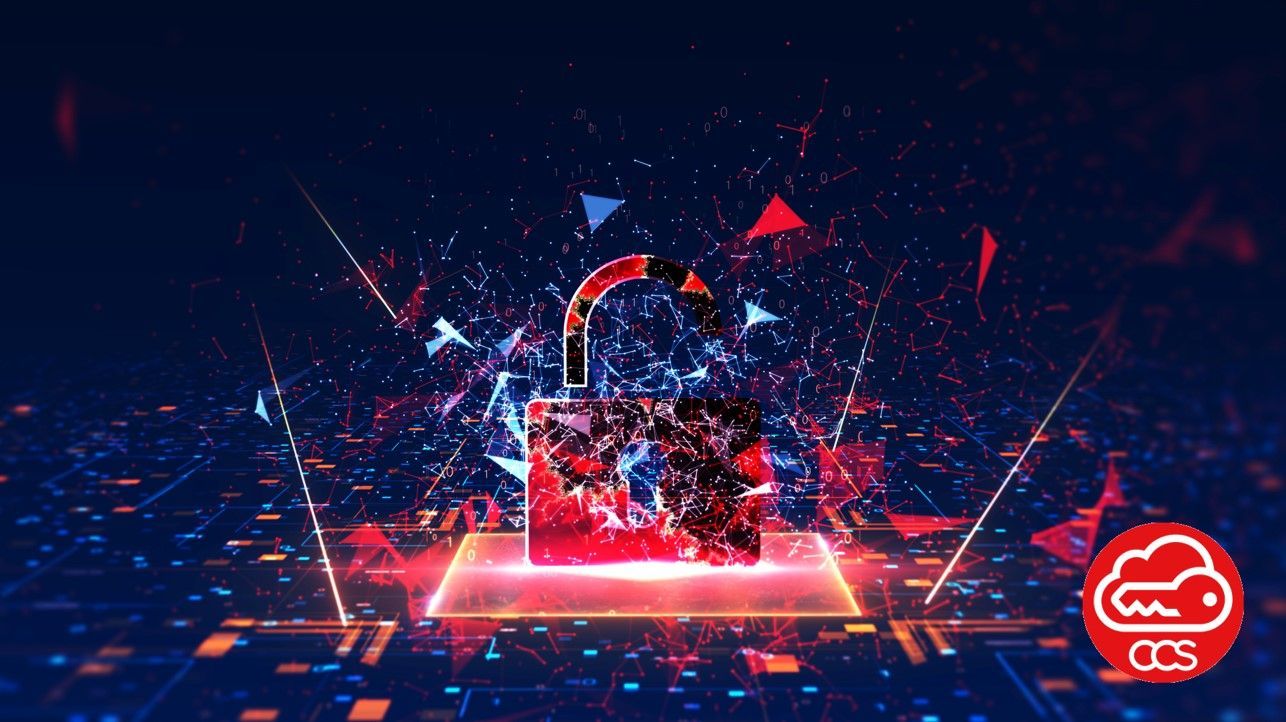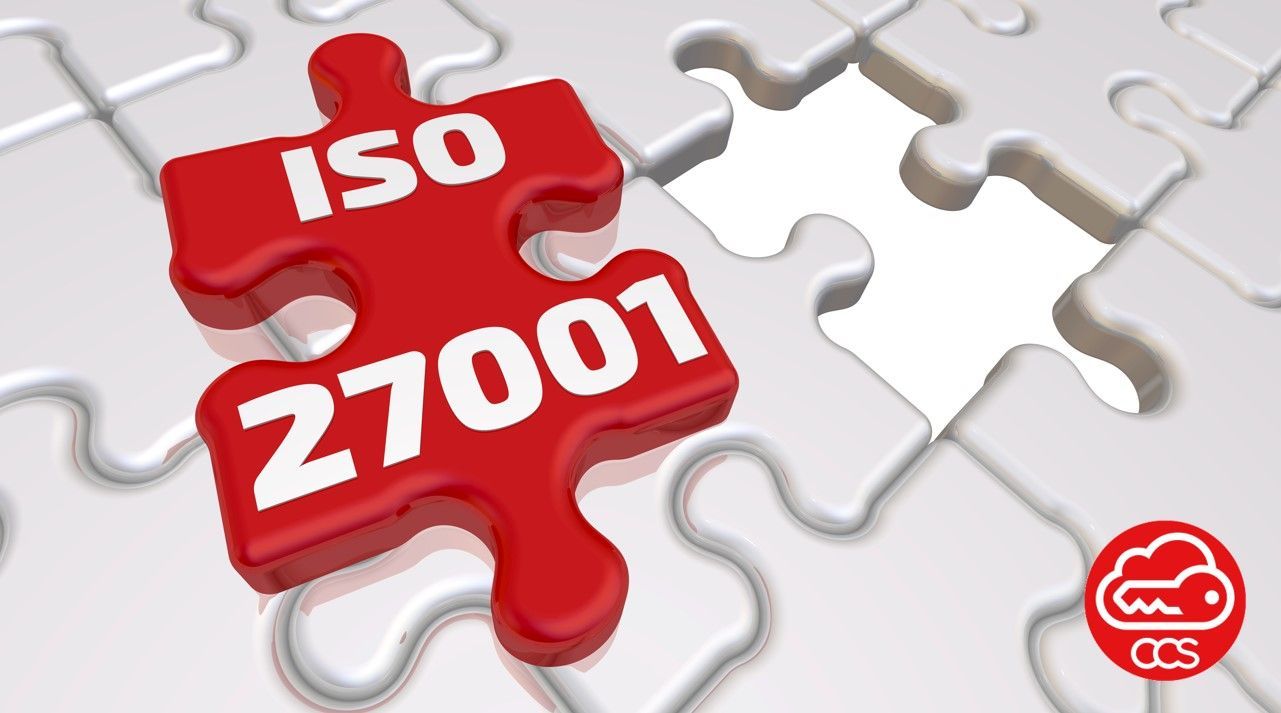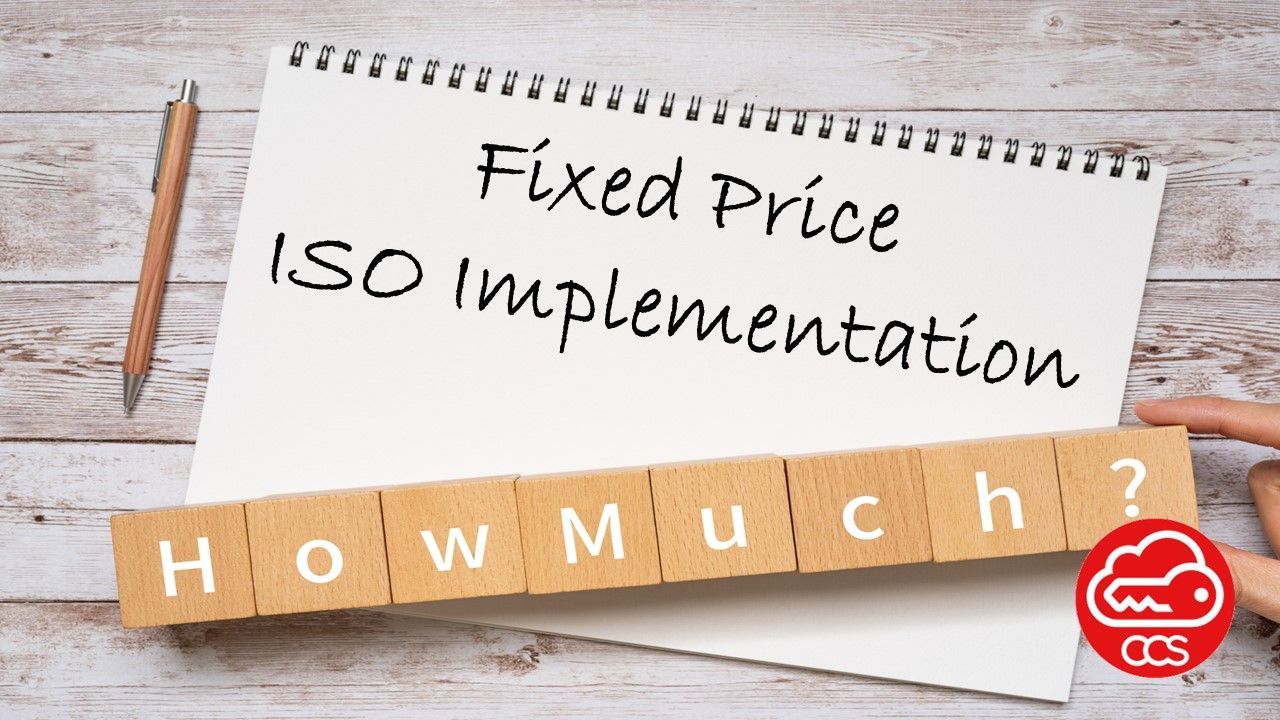ISO27001 provides a framework to provide Information security, cyber security and privacy protection that aims to protect the information of your organisation from security threats and will enable you to identify your information and data assets, determine the threats, assess the vulnerabilities, and then look for the controls within ISO27001 to address them.
ISO 27001: Bringing Order to Information Security Chaos
In today’s digital age, safeguarding information has become critical for businesses. With the growing wave of cyber threats, data breaches, and unauthorised access to sensitive information, organisations face significant risks that can lead to chaos. To tackle these challenges, businesses require a structured approach to managing information security. ISO 27001 offers a comprehensive framework that transforms disorder into order, enabling organisations to protect their data, counter cyber threats, and build trust with customers and stakeholders.
Bringing Order to Chaos
ISO 27001 equips organisations with the tools to identify vulnerabilities, assess risks, and implement robust security controls:
- Identifying Vulnerabilities and Risks
- Through comprehensive risk assessments, businesses can uncover weak points in their security infrastructure and allocate resources to address them effectively.
- Implementing Appropriate Security Controls
- Tailored security controls, including access management, encryption, and employee training, help combat cyber threats and unauthorised access.
- Safeguarding Sensitive Data
- Measures such as encryption, restricted access, and secure storage ensure data confidentiality and prevent breaches.
- Mitigating Cyber Threats
- Incident response planning and continuous monitoring enable organisations to detect and respond to threats promptly, minimising their impact.
- Earning Customer and Stakeholder Trust
- ISO 27001 certification serves as a testament to an organisation’s dedication to protecting sensitive data, instilling confidence and trust.
Key Elements of ISO 27001
The ISO 27001 framework comprises the following essential components:
- Risk Assessment and Treatment
- Organisations must identify and evaluate information security risks, determine acceptable levels of risk, and implement measures to mitigate or manage them.
- Information Security Policy
- A clear policy outlines the organisation’s commitment to information security, setting objectives and targets for effective management.
- Organisation of Information Security
- Clearly defined roles, responsibilities, and authorities ensure that all stakeholders understand their part in protecting information assets.
- Asset Management
- Businesses must identify, classify, and safeguard their information assets to prevent unauthorised access, disclosure, or destruction.
- Access Control
- Controls are implemented to grant information access solely to authorised individuals, based on business and security needs.
- Cryptography
- Encryption and other cryptographic techniques secure sensitive data during storage, transmission, and processing.
- Physical and Environmental Security
- Measures such as theft prevention, fire protection, and disaster preparedness safeguard information assets from physical threats.
- Incident Management
- Procedures for detecting, reporting, and responding to security incidents minimise their impact and ensure swift resolution.
- Continual Improvement
- Regular reviews, audits, and updates to the Information Security Management System (ISMS) improve performance and adapt to emerging threats.
Why ISO 27001:2022 Matters for Businesses
ISO 27001:2022 is more than a standard; it is a strategic investment in information security excellence. Here's how it benefits organisations:
- Enhanced Information Security
- It ensures the confidentiality, integrity, and availability of information through a robust ISMS tailored to address potential risks.
- Legal and Regulatory Compliance
- By aligning with legal and contractual requirements, businesses can avoid penalties, liabilities, and reputational damage.
- Customer Trust and Confidence
- Certification demonstrates a commitment to protecting sensitive data, fostering trust among customers, partners, and stakeholders.
- Competitive Advantage
- Meeting ISO 27001 standards differentiates businesses, helping them win new opportunities and secure partnerships.
- Risk Management
- A risk-based approach minimises the likelihood and impact of incidents such as data breaches and system disruptions.
- Continual Improvement
- The standard encourages proactive adaptation to evolving threats and ongoing enhancement of security measures.
- Business Resilience
- Incident response procedures and business continuity plans ensure preparedness for and recovery from disruptions.
A Foundation for Security and Resilience
In the battle against cyber threats and data breaches, ISO 27001 provides clarity and structure, helping businesses stay ahead of emerging risks. It is not just a defence mechanism; it is a proactive strategy to establish a secure foundation for operations, ensuring resilience and sustainability.
With ISO 27001, businesses can navigate the complexities of information security with confidence, safeguarding their most valuable assets and fostering a culture of trust and excellence in today’s digital landscape.




